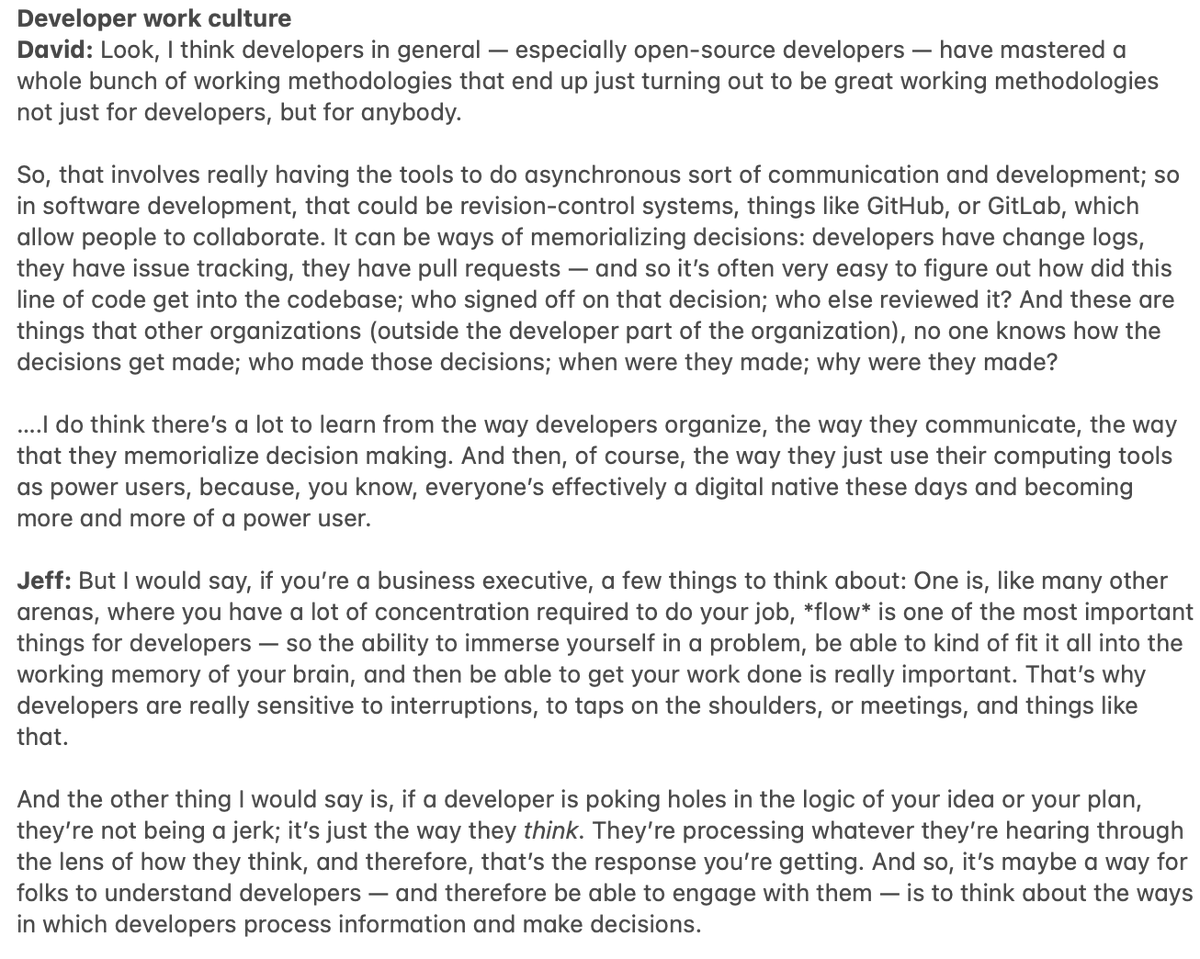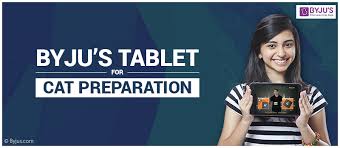
I thought this was an outstanding podcast - one every dev tools startup founder should listen to or read the transcript of. Brief 🧵 on what I found interesting.
Features @jeffiel of @twilio and @davidu + @smc90 of @a16z
a16z.com/2021/01/12/ris…
Features @jeffiel of @twilio and @davidu + @smc90 of @a16z
a16z.com/2021/01/12/ris…
.@jeffiel: AWS + APIs have given us the supply chain for building software. 

Rule 1: Build the software that faces your customer.
Rule2: The act of building software is but the act of listening to your customer.
Rule2: The act of building software is but the act of listening to your customer.

.@jeffiel: Documentation is the new content marketing. Good clear writing skills are indeed a superpower. 

On the advantages of small teams.
The sheer competitive advantage that Amazon has by being able to master small team working and collaboration is something!
The sheer competitive advantage that Amazon has by being able to master small team working and collaboration is something!

I thought this was really interesting. What really is the role of the sales team in a dev tools saas co? It is managing the CFO + CXO suite, & assuaging them as the spend rises automatically with the API calls, and comforting them that they are better off with this model. 

Overall, a really really good podcast. Hit so many themes + angles. This is the kind of content you cant get in any traditional media co.
Once again, the podcast + transcript link.
a16z.com/2021/01/12/ris…
Once again, the podcast + transcript link.
a16z.com/2021/01/12/ris…
• • •
Missing some Tweet in this thread? You can try to
force a refresh










